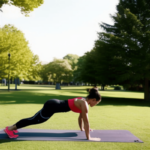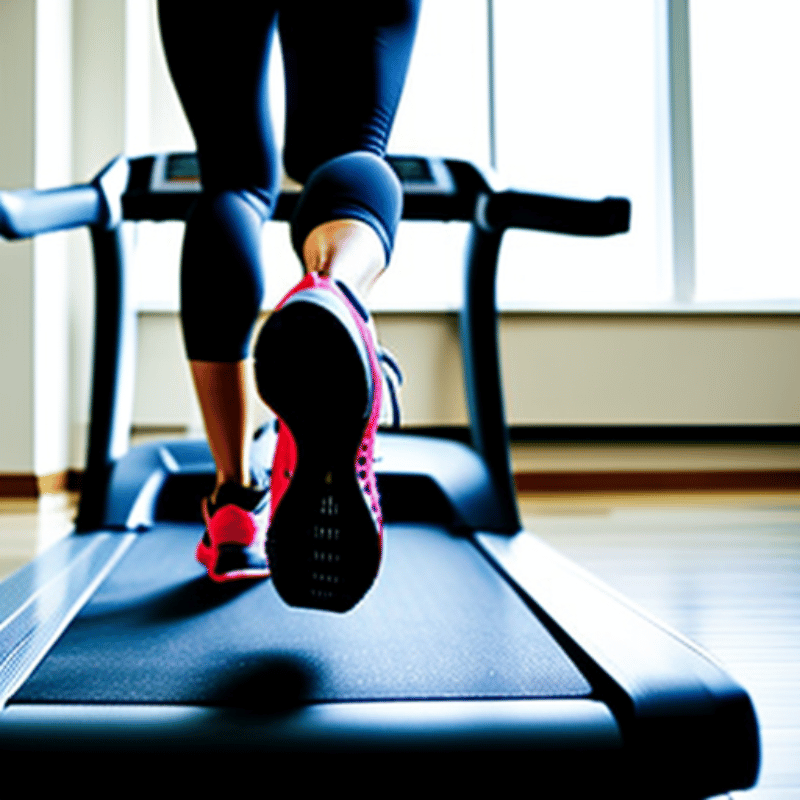Building muscle is a common goal for many fitness enthusiasts. Whether you’re looking to enhance your athletic performance, improve your physical appearance, or simply maintain a healthy lifestyle, building muscle is an important aspect of your fitness journey. Building muscle is the process of increasing muscle mass through strength training, nutrition, and rest. This process requires a combination of proper exercise, diet, and rest to help the muscles recover and grow.
Overview of Benefits
Building muscle offers numerous benefits, including improved athletic performance, enhanced physical appearance, and better overall health. Here are just a few of the benefits of building muscle:
Improved athletic performance: Building muscle can help to improve athletic performance, by increasing strength and power.
Enhanced physical appearance: Building muscle can help to enhance physical appearance, by creating a more toned and defined physique.
Better overall health: Building muscle can help to improve overall health, by reducing the risk of chronic diseases, such as heart disease, diabetes, and certain types of cancer.
Diet
Diet is a critical component of building muscle. Here are a few key aspects of a muscle-building diet:
Macronutrients: Building muscle requires a balanced intake of macronutrients, including carbohydrates, proteins, and fats.
Vitamins and minerals: Building muscle also requires adequate intake of vitamins and minerals, such as iron and calcium.
Caloric intake: Building muscle requires an adequate caloric intake, which should be based on your individual needs and goals.
Exercise
Exercise is the cornerstone of building muscle. Here are a few key aspects of a muscle-building exercise routine:
Strength training: Strength training, such as weightlifting, is essential for building muscle.
Cardio: Cardio, such as running or cycling, can help to improve cardiovascular fitness and support muscle growth.
Stretching: Stretching, such as yoga or stretching exercises, can help to improve flexibility and reduce the risk of injury.
Rest
Rest is an important component of building muscle. Here are a few key aspects of rest and recovery:
Sleep: Adequate sleep is essential for muscle recovery and growth. Aim for 7-9 hours of sleep each night.
Recovery: Adequate recovery time is also important, as this allows the muscles to rest and recover between strength training sessions.
Supplements
Supplements can be an effective tool for building muscle. Here are a few key supplements to consider:
Protein: Protein is essential for building muscle, and can be found in a variety of supplements, such as whey protein powder.
Creatine: Creatine is a popular supplement for building muscle, as it can help to increase strength and power.
Pre-workout: Pre-workout supplements, such as caffeine or nitric oxide boosters, can help to enhance performance and support muscle growth.
Setting Goals
Setting goals is an important aspect of building muscle. Here are a few tips for setting effective goals:
Short-term goals: Short-term goals, such as increasing the weight you lift, can help to keep you motivated and on track.
Long-term goals: Long-term goals, such as reaching a certain level of strength or body composition, can help to keep you motivated and focused over the long term.
Conclusion
In conclusion, building muscle is a comprehensive process that requires a combination of proper diet, exercise, rest, and supplementation. By following these key principles, and setting achievable goals, you can successfully build muscle and achieve your fitness goals. Remember to listen to your body, and seek the guidance of a professional if needed. With dedication and perseverance, you can build the muscle you want and improve your overall health and well-being.





